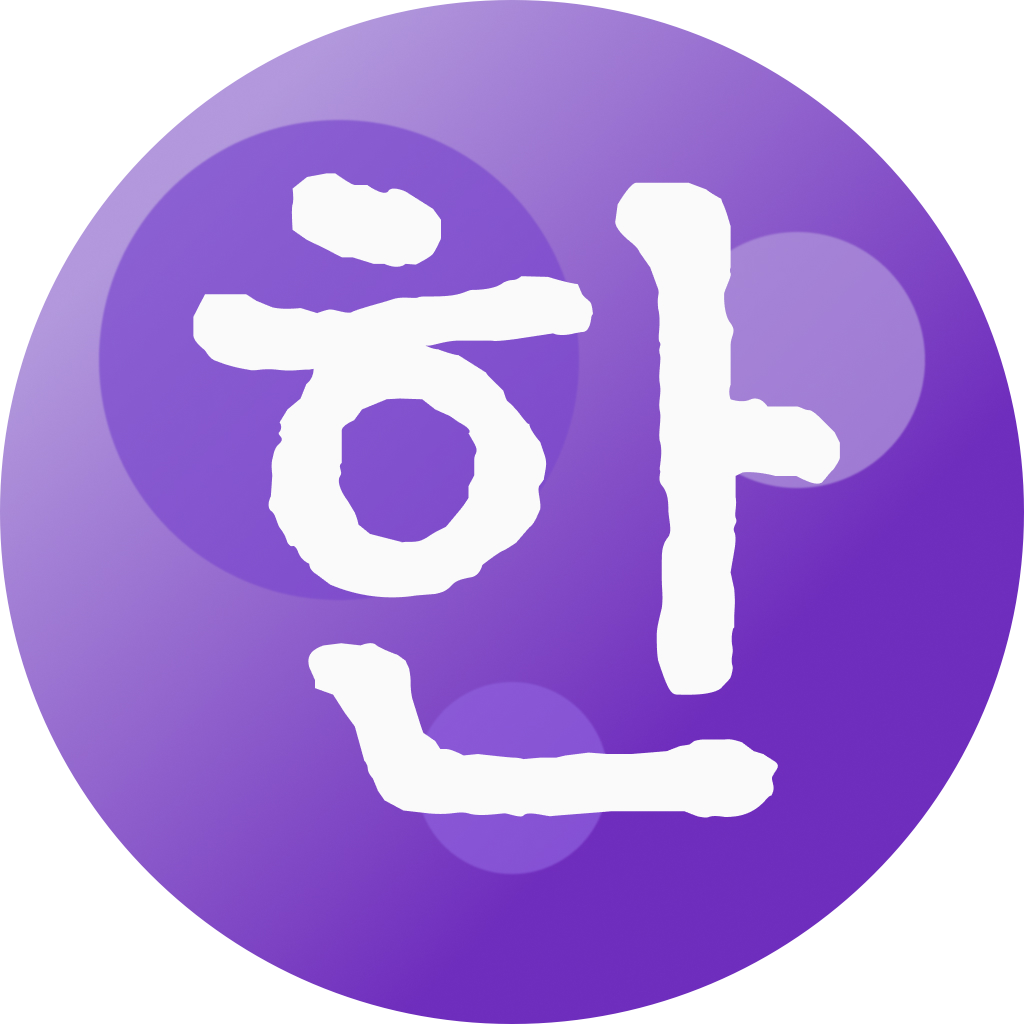BIBI has never been one to shy away from difficult topics. Her 2021 track “조또” (Jotto), whose title translates to a raw “F**k that”, dives into the messiness of toxic relationships. The MV is just as uncompromising—dark visuals, violence, and drug references, so definitely not for the faint of heart. Consider that a content warning.
Today, let’s look at the chorus:
“관심이 없어 / 상관이 없어
반갑지가 않은데
기다려볼래”
“I don’t care / it doesn’t matter
I’m not glad to see you
But should I wait?”
—
📘 Key Phrases to Learn
1️⃣ 관심이 없어 – I don’t care / I have no interest
• 관심 = interest, concern
• -이 = subject marker
• 없다 = to not exist / not have
👉 Literally: “Interest doesn’t exist.” Used as “I don’t care.”
2️⃣ 상관이 없어 – It doesn’t matter / I don’t care
• 상관 = concern, relation
• 없다 = none
👉 Very common everyday phrase meaning “It makes no difference / I don’t mind.”
3️⃣ 반갑지가 않은데 – I’m not glad to see you
• 반갑다 = to be glad / happy (to meet/see someone)
• -지 않다 = negation (“not …”)
• -은데 = ending showing contrast / trailing thought
👉 Together: “(I’m) not happy (to see you), though…”
4️⃣ 기다려볼래 – Should I try waiting?
• 기다리다 = to wait
• -어 보다 = to try doing something
• -ㄹ래 = would you like to / should I (intent / will)
👉 Here: “Should I try waiting (anyway)?”—a conflicted, almost self-directed question.
—
💡 Grammar Tip:
Notice the repeated use of 없어. In Korean, negation with 없다 is blunt and direct—it leaves no space for nuance. Meanwhile, -지 않은데 softens the negative slightly, adding a trailing “though…” that makes the line feel conflicted.
—
💬 Why It Matters:
BIBI thrives on contradiction. In just a few lines, she switches between apathy (“I don’t care”), rejection (“I’m not glad to see you”), and hesitation (“Should I wait?”). That push-pull is exactly what toxic love feels like—disinterest and attachment colliding.
🔥 Would you wait for someone you said you didn’t care about? Drop a 🖤 if this lyric hits you with its contradictions.

